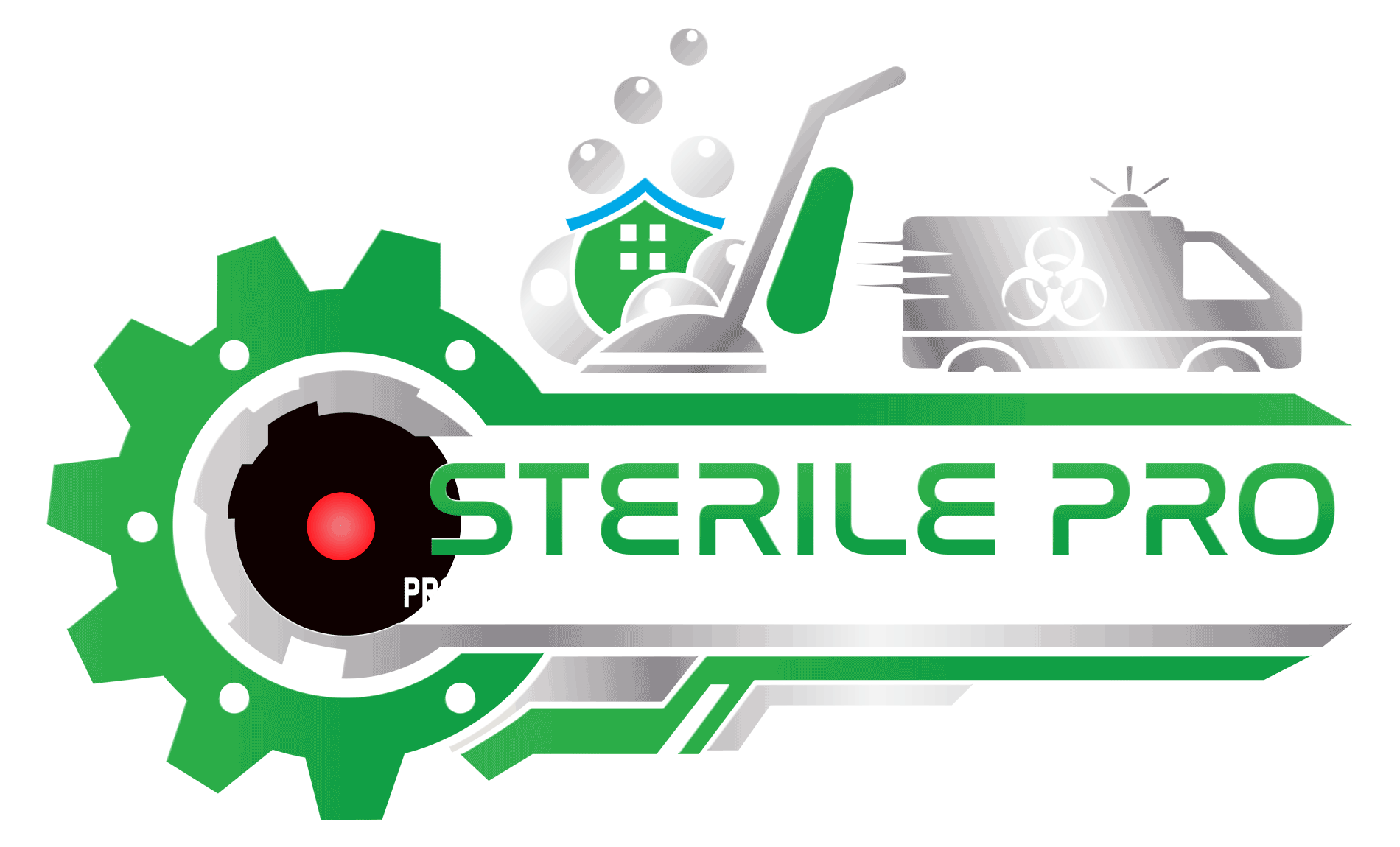Legal Considerations When Buying Cleaning Franchise Business

When venturing into the world of purchasing a cleaning franchise business, prospective buyers must navigate a landscape rich with opportunities and potential pitfalls, particularly in terms of legal considerations. Understanding these aspects is crucial to making informed decisions that protect both investment and operational interests.
Firstly, one of the fundamental legal aspects revolves around franchise agreements. These contracts outline the terms of the relationship between the franchisee (buyer) and the franchisor (seller), detailing obligations, rights, and responsibilities of each party. Key elements include the duration of the agreement, territorial rights, fees (including initial and ongoing royalties), and operational guidelines. Clear comprehension of these terms ensures alignment with business goals and operational strategies.
Secondly, compliance with regulatory requirements is paramount. Depending on the jurisdiction, there are specific laws governing franchise operations aimed at safeguarding consumer rights and ensuring fair business practices. These regulations may encompass disclosure requirements, advertising standards, consumer protection laws, and employment regulations. Adhering to these legal frameworks not only mitigates legal risks but also enhances the franchise’s credibility and trustworthiness in the market.
Additionally, intellectual property rights play a critical role in franchise transactions. Franchises often involve the use of trademarks, logos, proprietary technology, and operational know-how owned by the franchisor. Buyers must verify the franchisor’s ownership of these intellectual properties and understand the scope of use granted under the franchise agreement. This protects against potential infringement claims and safeguards the brand’s integrity and market position.
Moreover, lease agreements and real estate considerations can significantly impact the viability and profitability of a cleaning franchise. Understanding lease terms, property zoning regulations, and environmental compliance obligations is crucial when establishing or relocating franchise operations. Legal due diligence in these areas prevents unforeseen liabilities and ensures smooth operational continuity.
In conclusion, the legal landscape surrounding the purchase of a cleaning franchise business is multifaceted and requires meticulous attention to detail. By engaging legal professionals specializing in franchise law and conducting comprehensive due diligence, prospective buyers can navigate these complexities effectively. This proactive approach not only safeguards legal compliance but also lays a solid foundation for long-term success and growth in the competitive cleaning industry.
Understanding Franchise Agreements
When purchasing a cleaning franchise business, one of the first legal documents you’ll encounter is the franchise agreement. This contract serves as the foundation of the relationship between you, the franchisee, and the franchisor, the entity granting you the rights to operate under their brand. Understanding the nuances of this agreement is vital to making an informed decision and ensuring a mutually beneficial partnership.
A franchise agreement typically includes several key elements:
- Terms and Duration: Specifies the duration of the franchise agreement, including renewal options and conditions.
- Territorial Rights: Defines the geographical area where you can operate your franchise, ensuring exclusivity within a defined territory.
- Financial Obligations: Outlines the initial franchise fee, ongoing royalties, advertising contributions, and other financial commitments.
- Operational Guidelines: Details operational standards, brand requirements, quality control measures, and other rules to maintain consistency across franchise locations.
Each of these elements plays a crucial role in shaping your franchise’s operational framework and profitability. Negotiating favorable terms and understanding your rights and responsibilities under the agreement are essential steps towards a successful franchise venture.
Navigating Regulatory Requirements
Operating a cleaning franchise business involves compliance with various legal and regulatory frameworks. These regulations are designed to protect consumers, uphold fair business practices, and ensure operational transparency. Key regulatory considerations include:
- Franchise Disclosure Document (FDD): In many jurisdictions, franchisors are required to provide prospective franchisees with an FDD. This document contains detailed information about the franchise system, including financial performance, litigation history, and other relevant disclosures. Reviewing the FDD carefully with legal counsel helps you understand the risks and benefits associated with the franchise opportunity.
- Advertising and Marketing Standards: Franchise agreements often include guidelines for advertising and marketing efforts to maintain brand consistency and protect the franchisor’s intellectual property rights. Adhering to these standards helps build trust with customers and enhances the brand’s reputation.
- Consumer Protection Laws: Laws protecting consumers from unfair or deceptive business practices apply to franchise operations. Understanding these laws helps you avoid legal disputes and maintain compliance while conducting business.
- Employment Regulations: As an employer, your cleaning franchise must comply with labor laws governing hiring, wages, working conditions, and employee rights. Staying informed about these regulations ensures a fair and legally compliant workplace environment.
By proactively addressing regulatory requirements and seeking legal guidance when necessary, you can mitigate legal risks and operate your cleaning franchise business confidently within the bounds of the law.
Protecting Intellectual Property
Intellectual property (IP) rights are integral to the success and identity of a cleaning franchise business. Franchises often rely on trademarks, logos, trade secrets, and proprietary technologies that distinguish their brand in the marketplace. As a franchisee, it’s crucial to:
- Verify Ownership: Ensure that the franchisor legally owns or has the right to use the trademarks and other intellectual property associated with the franchise. This verification protects you from potential infringement claims and secures your right to operate under the franchisor’s brand.
- Understanding Usage Rights: The franchise agreement should clearly outline your rights to use the franchisor’s intellectual property. This includes guidelines for logo usage, marketing materials, and other branded assets. Adhering to these guidelines maintains brand consistency and strengthens your franchise’s market position.
- IP Protection Strategies: Implement strategies to protect the franchise’s intellectual property rights within your territory. This may include monitoring for unauthorized use of trademarks or trade secrets and taking legal action against infringers when necessary.
By safeguarding intellectual property rights and adhering to the franchisor’s branding standards, you contribute to the overall strength and value of the franchise system while minimizing legal risks.
Navigating Lease Agreements and Real Estate Considerations
Lease agreements and real estate decisions play a significant role in the operational and financial success of a cleaning franchise business. Whether you’re leasing commercial space for a new franchise location or renegotiating an existing lease, it’s essential to consider the following factors:
- Lease Terms and Conditions: Review lease agreements carefully to understand rental rates, lease duration, renewal options, and any special clauses or conditions. Negotiate terms that align with your financial projections and operational needs to avoid unexpected costs or restrictions.
- Zoning and Regulatory Compliance: Ensure that the chosen location complies with local zoning regulations and permits required for operating a cleaning business. This includes environmental regulations related to waste disposal, cleaning products, and other industry-specific considerations.
- Due Diligence: Conduct thorough due diligence on potential lease properties, including inspections for structural integrity, environmental hazards, and compliance with building codes. Addressing these issues upfront mitigates risks and ensures a safe and compliant workplace for employees and customers.
- Exit Strategies: Consider exit strategies in the event of lease termination or relocation needs. Understanding your rights and obligations regarding lease termination, subleasing, and property improvements protects your investment and facilitates smooth transitions when necessary.
By engaging with real estate professionals and legal advisors experienced in commercial leasing, you can navigate lease agreements and real estate considerations effectively, positioning your cleaning franchise business for long-term success in the marketplace.
Conclusion
Purchasing a cleaning franchise business involves navigating a complex landscape of legal considerations, from franchise agreements and regulatory compliance to intellectual property protection and real estate decisions. By prioritizing legal due diligence, seeking expert guidance, and understanding your rights and obligations under the franchise agreement, you can mitigate risks and position your franchise for sustainable growth and profitability. Investing in thorough research and legal support upfront not only safeguards your investment but also enhances your ability to capitalize on the opportunities offered by the cleaning franchise industry.
“For more information please click on this link“



